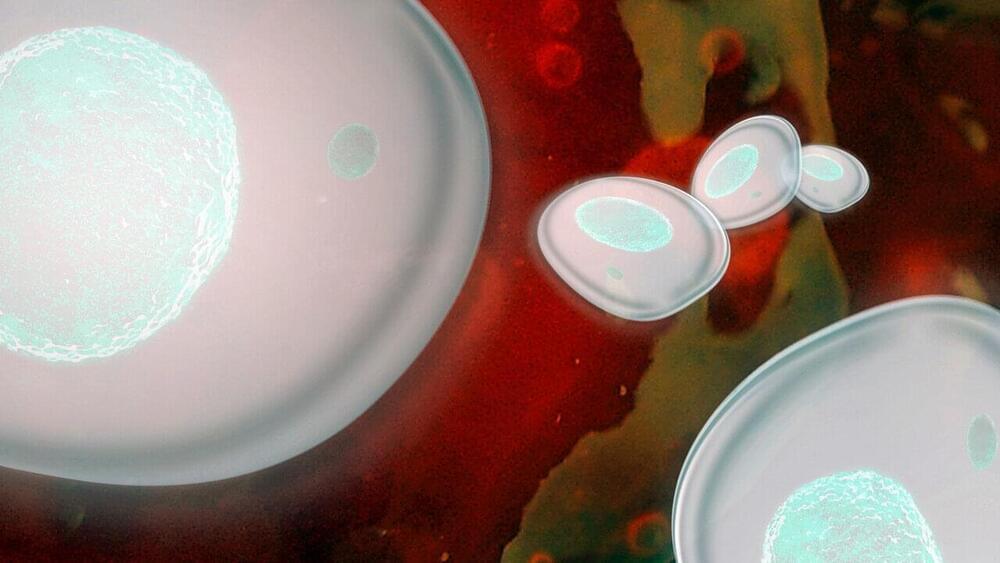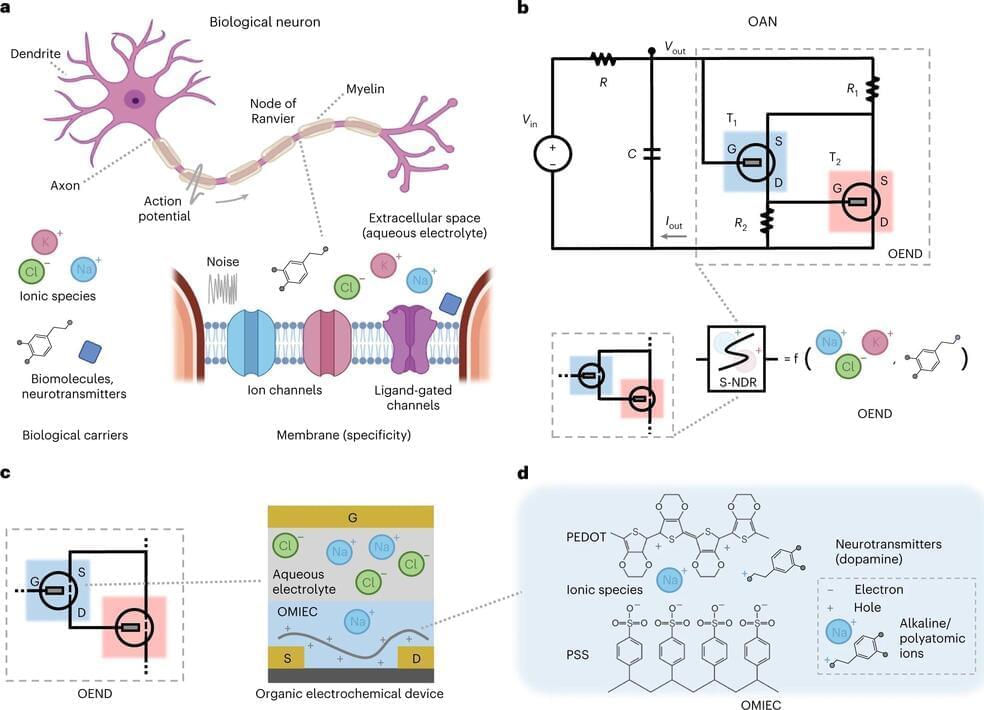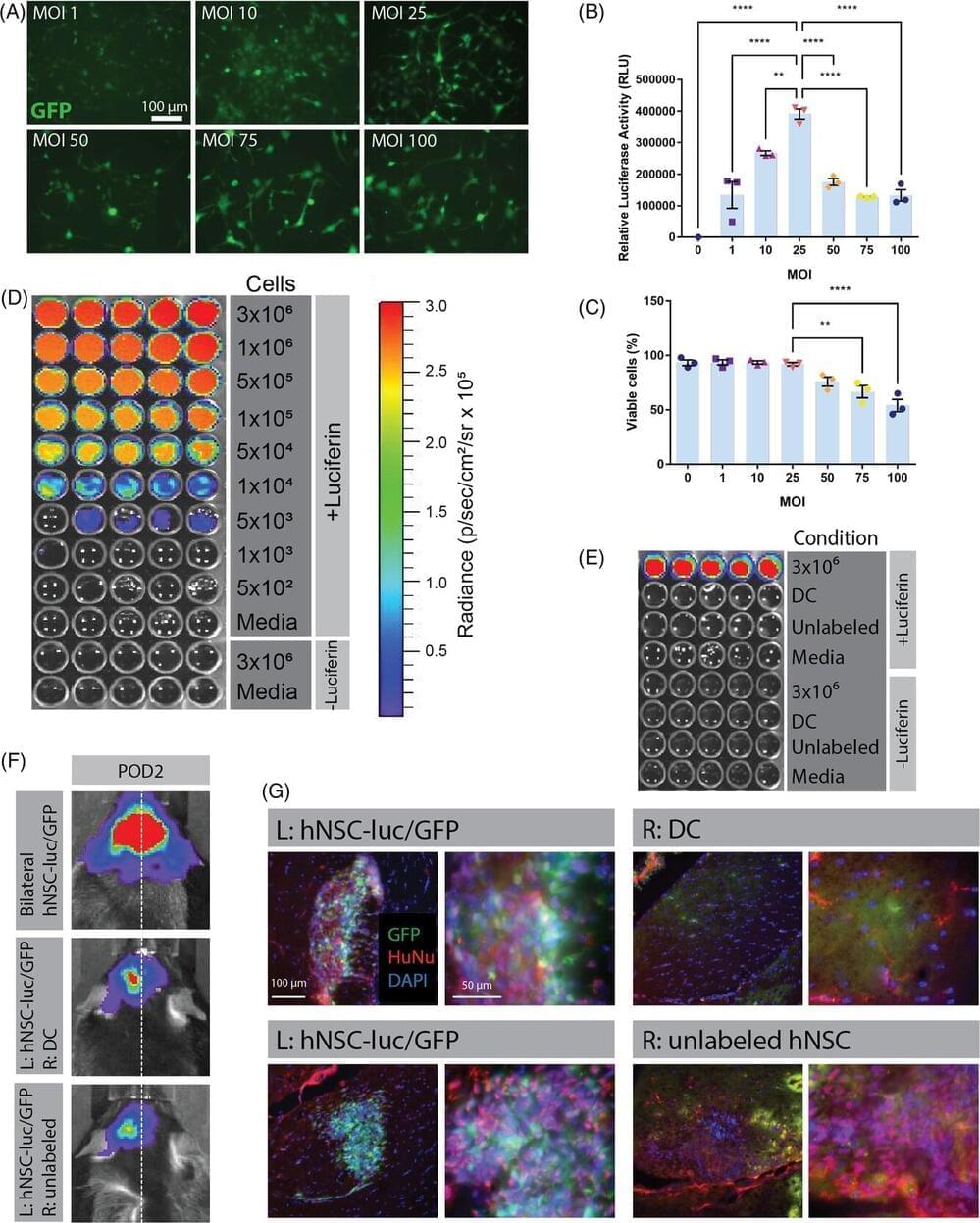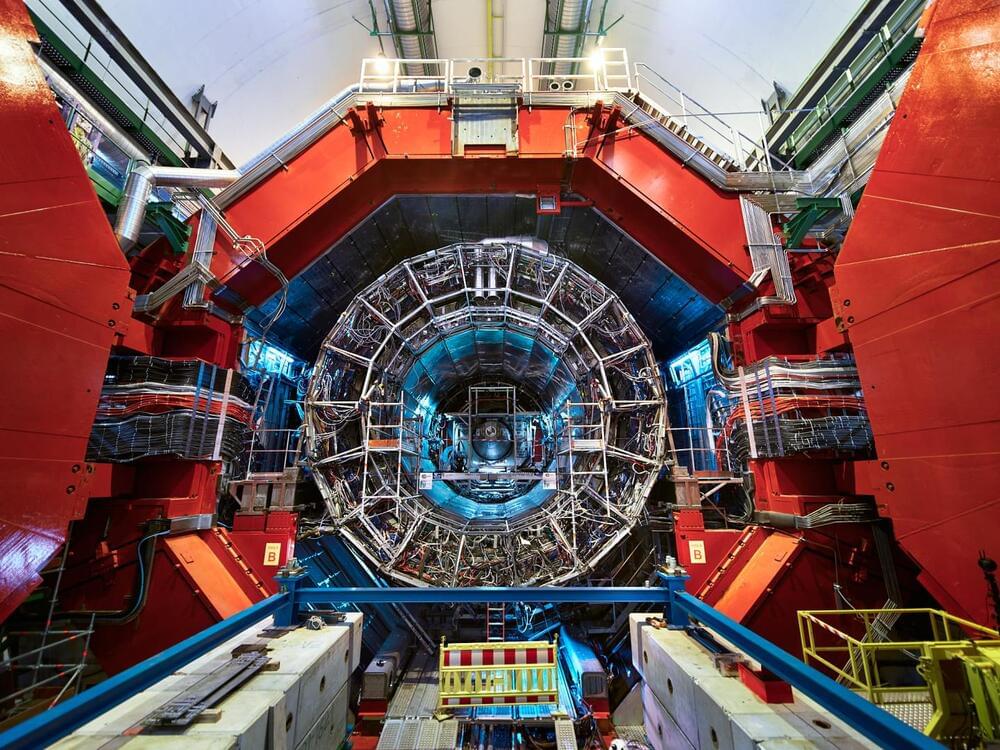A team of researchers at Umeå University has discovered that an enzyme in human cells has probably evolved from an ancient single-celled organism. The enzyme’s unique properties mean that it could be used as a building block in the design of new enzymes, for example in processing wood raw materials. The discoveries are presented in Science Advances.
Life on Earth is divided into three groups of organisms: bacteria, archaea and eukaryotes, with humans belonging to the last group, the eukaryotes. One theory is that we evolved from archaea, which in turn may have evolved from bacteria.
Now, a team of researchers from the Department of Chemistry at Umeå University has discovered clear traces of an archaea (odinarchaeota) in an enzyme found in the nucleus of human cells. The human enzyme is called AK6 and has a variety of functions, such as energy metabolism, genome stabilization and programmed cell death.







